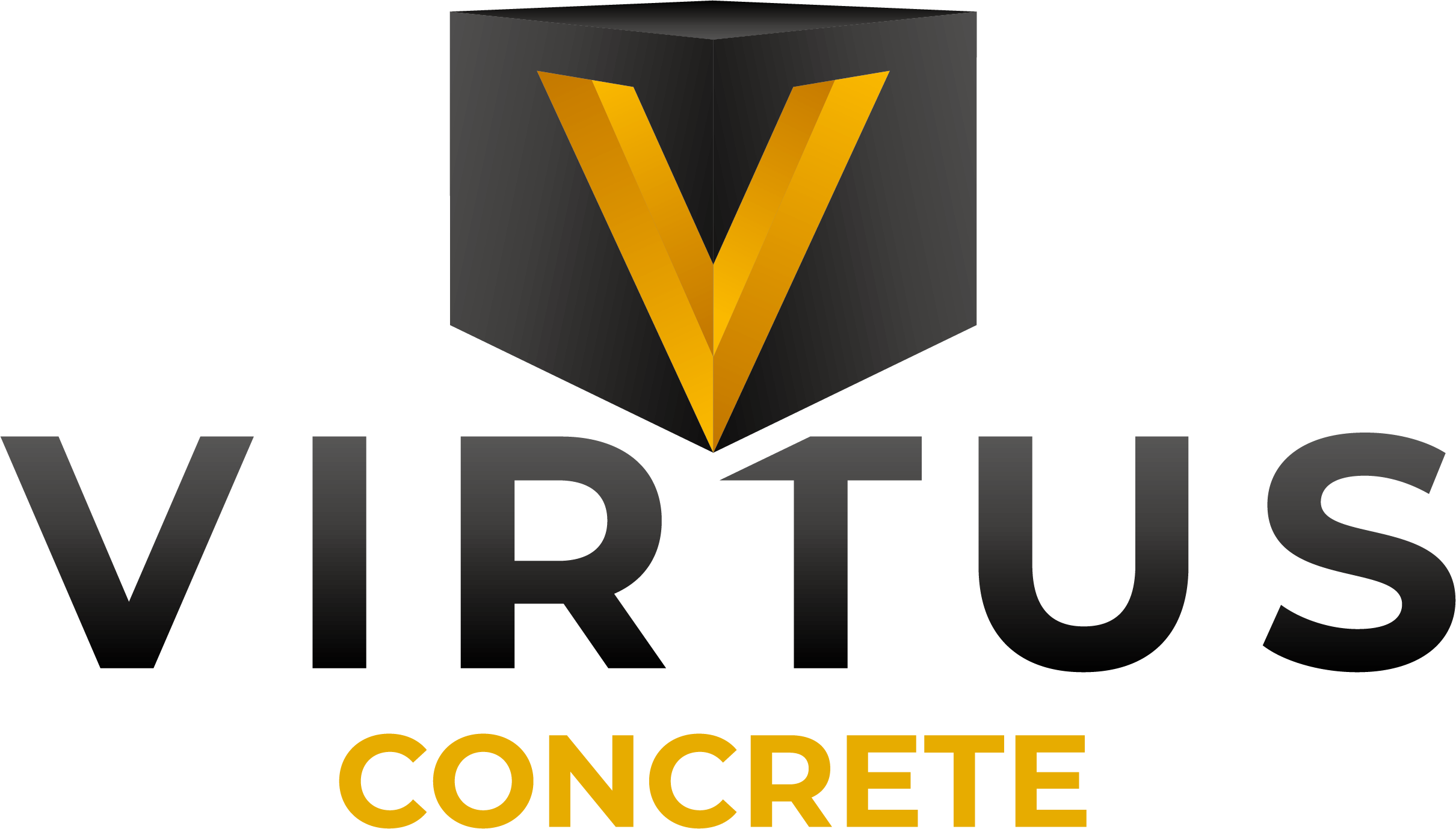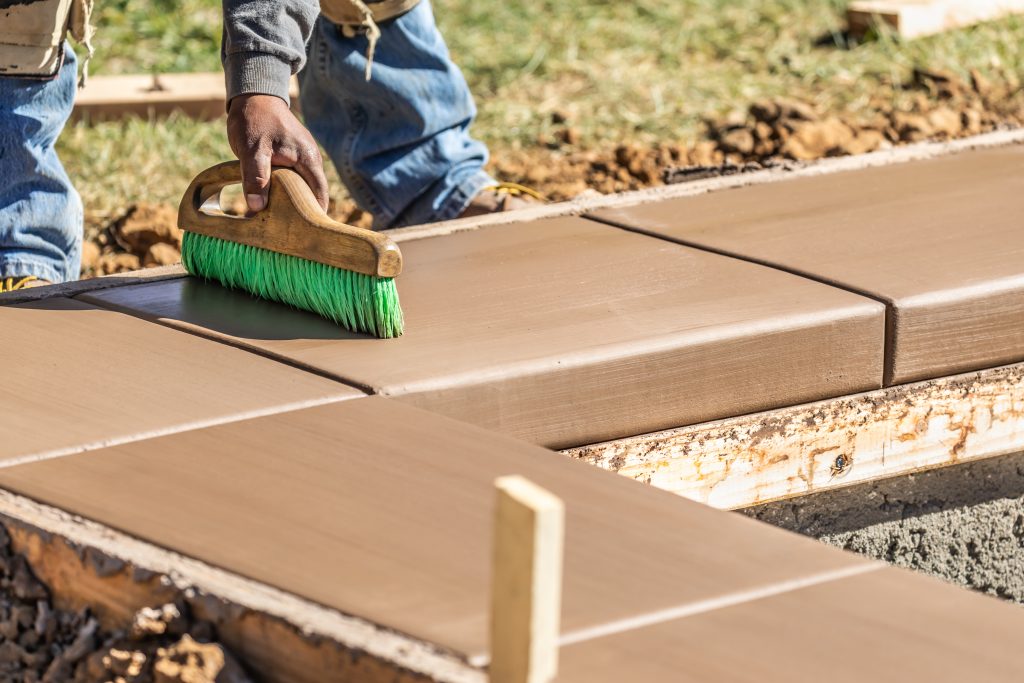Colorado’s winters don’t just test your heating bill—they punish concrete. If your warehouse floor looks like a spiderweb of cracks or heaves unevenly near loading docks, you’re not alone. Denver’s freeze-thaw cycles, combined with heavy machinery and foot traffic, turn minor flaws into costly hazards. Here’s how industrial businesses are solving this without shutting down operations.
The Culprits Killing Your Floor
Subgrade Soil Shenanigans: Denver’s clay-heavy soil expands when wet and shrinks when dry, destabilizing slabs. A poorly compacted base is like building on quicksand.
Weak Mix Designs: Not all concrete is built for -10°F. Non-air-entrained mixes let water seep in, freeze, and crack surfaces.
Neglected Joints: Control joints cut too deep, too shallow, or in the wrong places? Hello, random cracking.
How to Fix It (Without a 3-Month Shutdown)
Soil Stabilization First: Before pouring, test compaction and add lime or fly ash to Denver’s clay. It’s like giving your slab a pair of snow boots.
Zone 4-Ready Concrete: Air-entrained mixes with a 4,000+ PSI rating handle freeze-thaw cycles. Pro tip: Add fiber mesh reinforcement for high-traffic zones.
Joint Strategy: Saw-cut joints at 24-hour intervals to 25% depth. For existing floors, seal joints with epoxy to block moisture.
Case Study: A RiNo Brewery’s Near-Disaster
A local craft brewery ignored floor cracks until a pallet jack tipped, spilling $15k worth of IPA. Virtus stabilized the soil, poured a 6” fiber-reinforced slab, and cut joints aligned with their racking system. Two winters later? Still smooth.
When to Repair vs. Replace
Repair: Small cracks (<1/4”) can be epoxy-injected. Sunken sections? Polyjacking lifts slabs in hours.
Replace: Spalling, widespread cracks, or persistent flooding mean it’s time for a tear-out.
Don’t Gamble With Downtime
A full replacement takes 2-4 weeks, but phased pours let you keep operating. Need a temporary access route? We’ll pour cold-weather concrete in partitioned sections.
Denver’s Secret Weapon: Preventative Maintenance
Seal floors every 2-3 years with polyurethane.
Fix drainage issues ASAP—pooled water is concrete’s nemesis.
Audit forklift paths and reinforce high-impact zones.
Unsure if your floor is a ticking time bomb? Call Virtus at (720) 216-1775 for a free site assessment. We’ll bring a moisture meter, core drill, and a list of Denver-specific red flags to watch for. Because nobody should lose sleep over a slab—except us.


